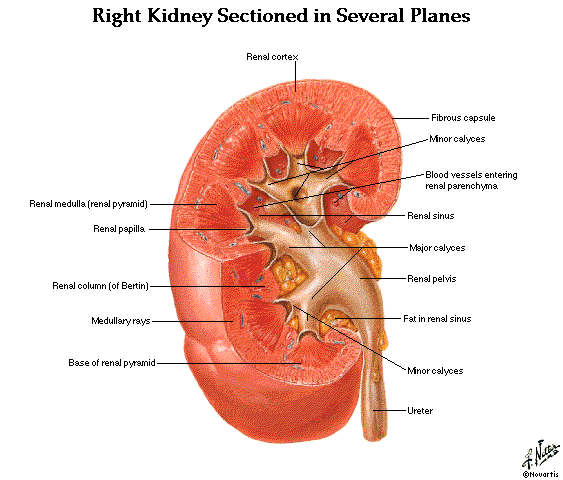
An ear, nose and throat doctor by profession, Dr. Mike Robichaux is working with other concerned Louisianans to cull together data about chemicals found in the blood of oil workers, fishermen and coastal residents.
Those suffering from illnesses possibly related to the BP oil spill will meet at noon Saturday at Robichaux’s home to hear about the doctor’s study, fill out health surveys and talk with others who believe their symptoms are rooted in crude-oil exposure.
The gathering will include a free meal, carnival rides for children and talks from environmental activists and locals who say they have oil-related illnesses. It’s at 4416 La. 1 in Raceland.
The goal is to get people the appropriate help, instead of treating their symptoms as anything other than spill related, organizers said.
“we want something that is a true representation of what is happening on the bayou and the coast,” said Brenda Dardar-Robichaux, Mike’s wife and the former principal chief of the United Houma Nation.
Robichaux, who was not available for comment Thursday, and others say health studies under way are not thorough enough and doctors are not adequately treating people exposed to oil.
“There tends to skepticism in relating these illnesses to the oil spill,” Dardar-Robichaux said.
The local doctor is working with the Louisiana Environmental Action Network to test blood at a lab in Georgia.
Blood taken from roughly 140 people along the Gulf Coast since the summer show that current and past cleanup workers and divers have the highest levels of volatile organic compounds in their systems. these compounds contribute to air pollution and illness in humans.
For the compound benzene, known to cause of human cancer, these workers had up to 36 times the average concentration of U.S. residents, said Wilma Subra, a new Iberia environmental chemist. They had up to 10 times the average concentration for ethylbenzene, and 42 times the average concentration of toluene.
“When you find it that high over the average, that’s an issue,” Subra said.
Those workers made up about 10 to 15 percent of the people tested, she said.
Fishermen, crabbers and coastal residents also had higher than average concentrations of these chemicals, she said, though less than the oil workers group. she said she hadn’t finished completing the figures on that second group of people.
But health symptoms across the board range from the acute — nose and throat irritation — to more severe issues, such as short-term memory loss, chest pains, and liver, kidney and intestinal problems.
“We’re finding that they’re still being exposed to the crude in the coastal areas and in the marshes. So when you interview them they are clearly still being exposed,” Subra said. “we need to stop the exposure and deal with the medical impacts.”
Staff Writer Naomi King can be reached at 857-2209 or .